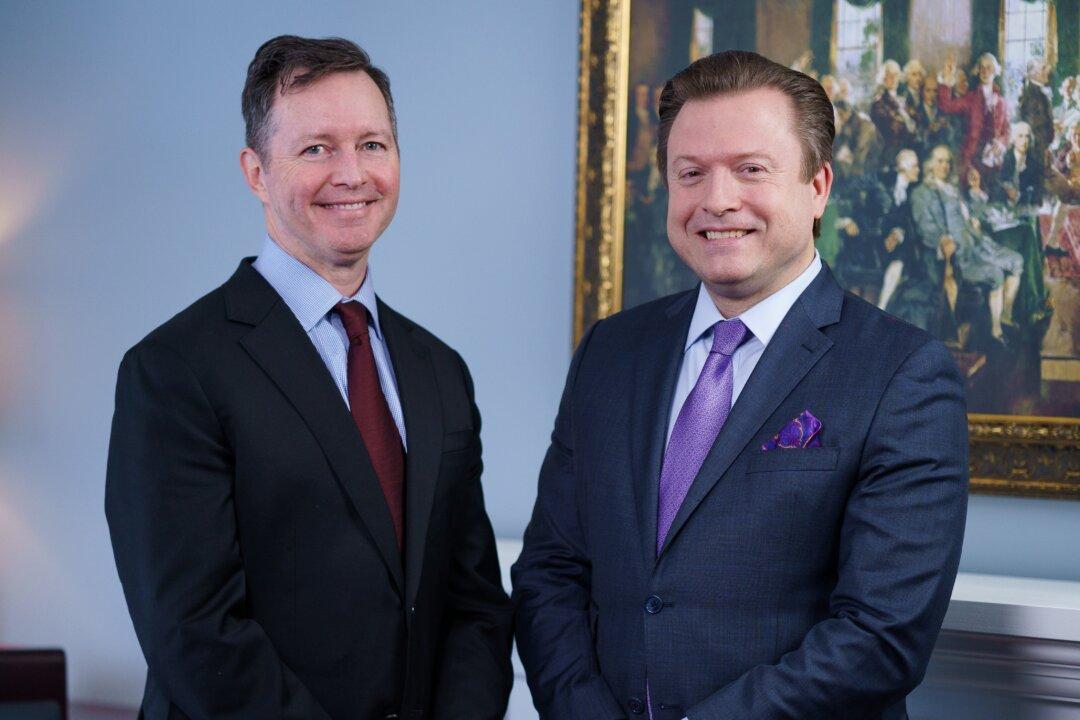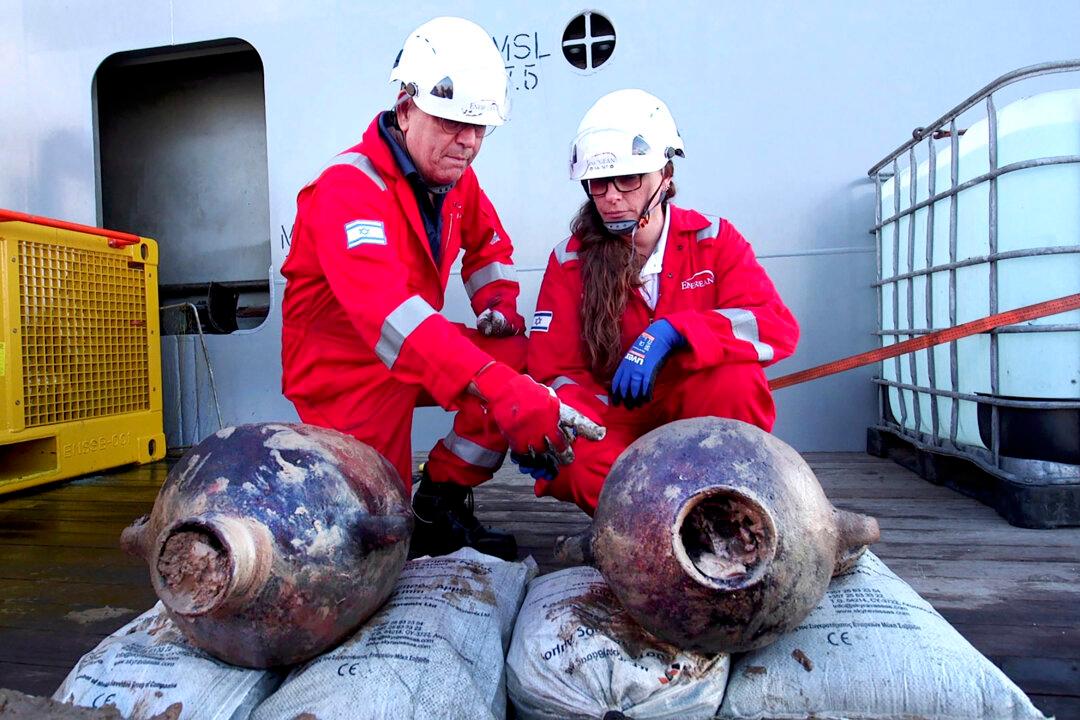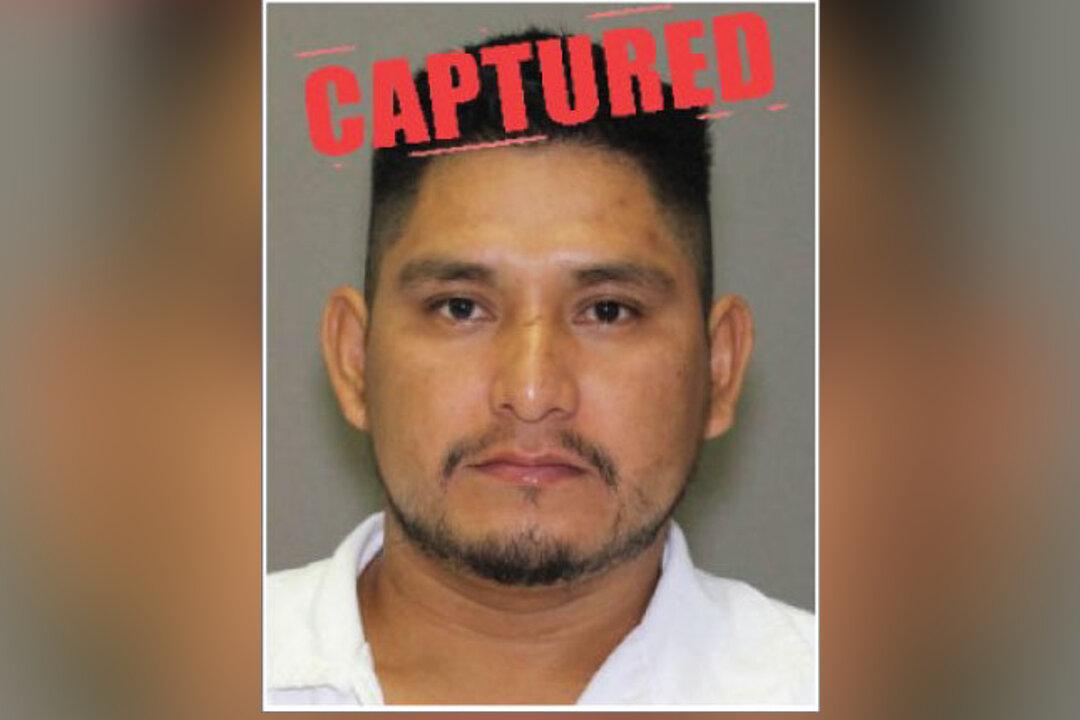ESG (environmental, social, and governance) is an ideology enforced within a society by governments through the corporate world, changing how the people live, according to Kevin Stocklin, writer and producer of the documentary “The Shadow State.”
ESG also can be understood as an industry, Mr. Stocklin said in an interview to EpochTV’s “American Thought Leaders.” As an ideology, it is an umbrella of progressive issues, such as climate change, reducing carbon emissions, social justice, social equity, worldwide economic equity, and similar things.






